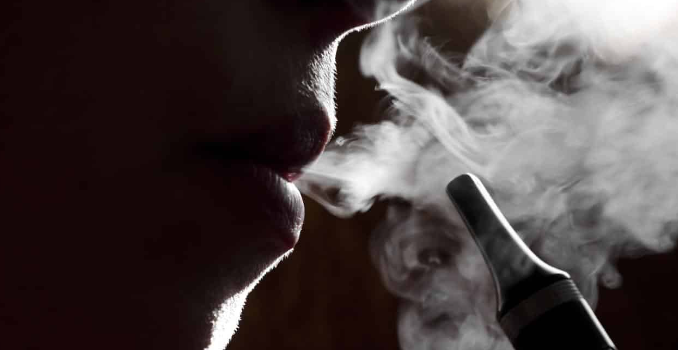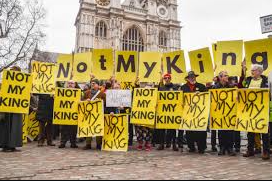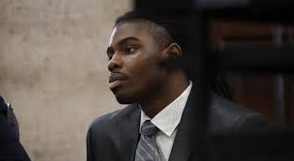
Ministers plan to launch illicit vape enforcement squads to remove illegal products from shops and borders, with a focus on curbing youth vaping.
The UK government is set to tackle the rising issue of underage vaping with the introduction of “illicit vapes enforcement squads.” These dedicated teams will focus on illegal sales of e-cigarettes to young people, conducting test purchases, sharing intelligence across regions, and collaborating with local authorities.
The squads will be empowered to remove illegal products from both shops and borders, aiming to prevent businesses from selling vapes to children. The initiative, outlined by the Department of Health and Social Care (DHSC), comes in response to concerns over the increasing use of disposable vaping products among teenagers.
Health Minister Neil O’Brien stressed that while vaping is a safer alternative for adults looking to quit smoking, the government is deeply concerned about its rising popularity among minors. He emphasised that the squads would target businesses flouting the law and ensuring that young people are not exposed to nicotine.
The DHSC also plans to launch a call for evidence, seeking public input on further measures to reduce youth vaping. This move aligns with the government’s broader ambition to achieve a smoke-free society by 2030.
Mr O’Brien is expected to announce the initiative in a speech at Policy Exchange on Tuesday, with both the Conservative and Labour parties prioritising crime reduction in their campaigns for the upcoming local elections.

















